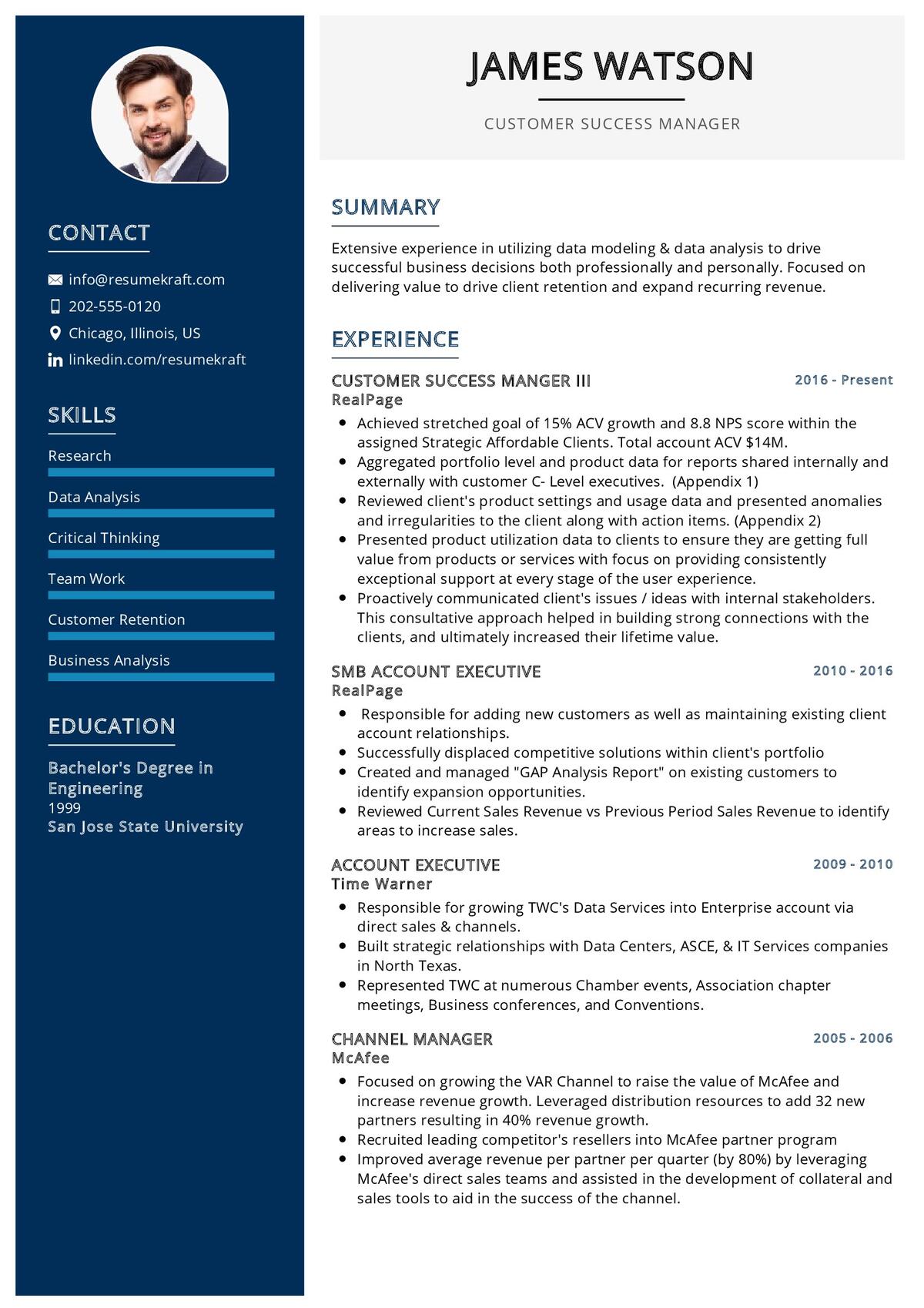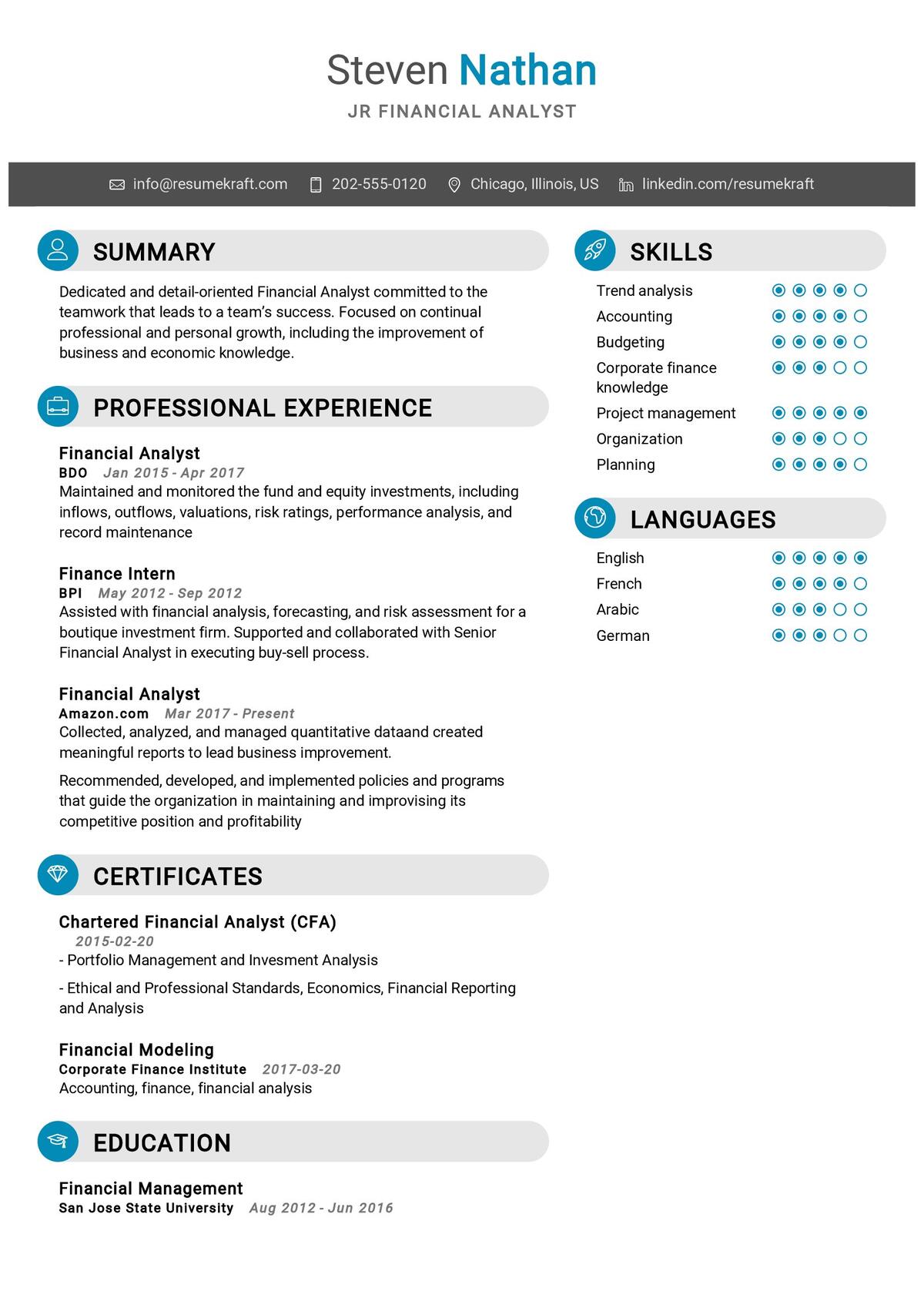
When applying for a job, your resume is your first impression. If your resume is not up to par, you may not get the chance to make a good first impression in person. In this blog post, we will go over the 20 most common resume mistakes and how to fix them.
The 20 most common resume mistakes
1. Not proofreading your resume – Before you send your resume off, be sure to proofread it for any errors or typos. This will ensure that your resume is error-free and looks professional.
2. Using an unprofessional email address – When applying for jobs, use an email address that is professional and easy to remember. Avoid using personal email addresses that include your first or last name.
3. Inconsistent formatting – When it comes to your resume, consistency is key. Be sure to use the same font and layout throughout your resume. This will create a cohesive and polished look.
4. Including irrelevant information – When writing your resume, be sure to only include information that is relevant to the job you are applying for. Irrelevant information will only clutter your resume and distract the employer from the truly important information.
5. Not tailoring your resume – One of the most common resume mistakes is not tailoring your resume to the specific job you are applying for. Every time you apply for a job, be sure to tailor your resume to fit the specific position. This will show employers that you are a good fit for the job and that you have the relevant skills and experience.
6. Using clichés or buzzwords – Avoid using clichés or buzzwords on your resume. These are overused and often meaningless words that will only clutter your resume. Instead, focus on using strong and specific language that will truly showcase your skills and experience.
7. Making grammatical errors – Be sure to avoid any grammatical errors on your resume. Employers will view these errors as unprofessional and will be less likely to consider you for the job.
8. Listing too much information – When it comes to your resume, less is more. Avoid listing too much information, such as your entire work history or every single one of your responsibilities. Only include the most relevant and important information.
9. Including personal information – Unless it is relevant to the job, avoid including personal information on your resume. This includes information such as your age, marital status, or religious beliefs.
10. Using a generic objective – A generic objective is one of the most common resume mistakes. Be sure to avoid using an objective that could apply to any job. Instead, write a specific and tailored objective that shows employers what you can bring to the specific job.
11. Leaving out important information – Be sure to include all relevant information on your resume, such as your education, work experience, and skills. Leaving out important information will only make it harder for employers to consider you for the job.
12. Being too vague – Another common mistake is being too vague on your resume. Be specific about your skills, experience, and accomplishments. This will give employers a better sense of what you can bring to the job.
13. Using unprofessional language – Be sure to avoid using any unprofessional language on your resume. This includes swear words, slang, or anything else that could be viewed as unprofessional.
14. Listing references – Listing references on your resume is unnecessary and often a waste of space. If an employer is interested in your references, they will ask for them during the interview process.
15. Using “I” too much – When writing your resume, avoid using the word “I” too much. Instead, focus on using strong and specific language that will showcase your skills and experience.
16. Making it too long – One of the most common resume mistakes is making your resume too long. Be sure to keep your resume to one or two pages. Anything longer will likely be viewed as unprofessional and will not be read by employers.
17. Making it too short – On the other hand, making your resume too short is also a mistake. Be sure to include all relevant information, such as your education, work experience, and skills. Anything less will make it difficult for employers to consider you for the job.
18. Not including keywords – In today’s job market, it’s important to include keywords on your resume. These are specific words and phrases that employers will be searching for when reviewing resumes. By including these keywords, you will increase your chances of being seen by employers.
19. Not using a professional tone – When writing your resume, be sure to use a professional tone. This means avoiding any contractions, such as “I’m” or “you’re.” It also means avoiding any first-person pronouns, such as “I” or “me.”
20. Not updating your resume – One of the most common resume mistakes is not updating your resume on a regular basis. Be sure to update your resume whenever you have a new accomplishment or experience to add. This will ensure that your resume is always up-to-date and relevant.
How to fix each resume mistake

There are a few major resume mistakes that can cost you a job: not tailoring your resume to the specific job, using unprofessional language, not proofreading, and including irrelevant information.
Here’s how to fix each of those mistakes:
- Tailor your resume to the specific job: This means specifying why you’re a good fit for the position in question, and including only information that is relevant to that particular job.
- Use professional language: This means avoiding slang or overly informal language, and using proper grammar and spelling.
- Proofread: This means taking the time to carefully read over your resume for any mistakes before submitting it.
- Include relevant information: This means making sure the information you include on your resume is relevant to the job you’re applying for, and leaving out any irrelevant details. following these tips will help ensure that your resume is as strong as possible and will help you get the job you want. When it comes to your resume, there are a few key things to keep in mind in order to make sure it’s as strong as possible.
First, you want to tailor your resume specifically to the job you’re applying for. This means specifying why you’re a good fit for the position in question, and including only information that is relevant to that particular job.
Second, you want to use professional language throughout your resume. This means avoiding slang or overly informal language, and using proper grammar and spelling.
Third, you want to make sure you proofread your resume carefully before submitting it. This means taking the time to read over your resume for any mistakes.
And finally, you want to include relevant information on your resume. This means making sure the information you include is relevant to the job you’re applying for, and leaving out any irrelevant details.
The difference between a good resume and a great resume
There is a big difference between a good resume and a great resume. A good resume will get you an interview, but a great resume will get you the job. A great resume is one that is clear, concise, and easy to read. It is free of errors and is tailored to the specific job you are applying for. A great resume will also highlight your accomplishments and skills. Most people believe that all resumes should be one page, but this is not always the case. If you have many years of experience or a lot of information to include, your resume may be two or even three pages.
The important thing is to make sure that your resume is easy to read and free of errors. When applying for a job, you should always include a cover letter. Your cover letter should be one page and should be tailored to the specific job you are applying for. In your cover letter, you should include your contact information, a brief overview of your qualifications, and why you would be a good fit for the position. If you have a great resume and cover letter, you will likely get an interview. During your interview, it is important to dress professionally, be on time, and be polite. You should also be prepared to answer any questions the interviewer may have.
How to make your resume stand out from the rest
If you want your resume to stand out from the rest, you need to make sure it is error-free and includes all the information that potential employers are looking for.
Here are 20 of the most common resume mistakes to avoid:
1. Resumes should be one to two pages long. Anything longer will likely be skipped over.
2. Make sure to proofread your resume for any typos or grammatical errors.
3. Avoid using generic or vague language. Be as specific as possible about your skills and experience.
4. Customize each resume you send out to fit the specific job you are applying for.
5. Highlight the most relevant information first.
6. Use simple words and action verbs.
7. Don’t include personal information that isn’t relevant to the job, such as your age, religion, or political affiliation.
8. Don’t lie or exaggerate on your resume.
9. Don’t use a generic Objective statement. Instead, use a Professional Summary that outlines your most relevant skills and experience.
10. Avoid using personal pronouns such as “I” or “me.”
11. Don’t list your entire work history. Only include the jobs that are most relevant to the position you are applying for.
12. Don’t use outdated information, such as an old email address or phone number.
13. Don’t forget to include your contact information, such as your name, email address, and phone number.
14. Don’t use a generic email address, such as [email protected] Create a professional email address using your name.
15. Don’t use unprofessional language or slang.
16. Don’t use text speak, such as “u” instead of “you.”
17. Don’t include information about your salary history or expectations.
18. Don’t list references on your resume. Include them on a separate sheet of paper.
19. Don’t use a template. Your resume should be unique and reflect your personal brand.
20. Finally, don’t forget to update your resume regularly. As you gain new skills and experience, be sure to add them to your resume so it always reflects your most current qualifications.
By following these tips, you can avoid common resume mistakes and increase your chances of landing an interview.
Planning to Write a Resume?
Check our job winning resume samples


Frequently Asked Questions
When you apply for a job, you should always tailor your resume to fit the specific position you are applying for. A generic resume will not stand out to employers and could prevent you from getting the job.
Your email address is one of the first things an employer will see on your resume. Make sure to use a professional email address that includes your name. Avoid using unprofessional sounding email addresses such as partygirl@ or superman@.
Make sure your contact information is up-to-date and includes your current phone number and email address. Incorrect contact information could prevent an employer from being able to reach you.
Employers will be turned off by resumes that contain grammar and spelling errors. Be sure to proofread your resume before submitting it to an employer.
Your resume should be focused on your qualifications that are relevant to the job you are applying for. Don’t include irrelevant information such as your hobbies or irrelevant work experience.
Conclusion
While there is no surefire way to avoid making resume mistakes, following the tips in this article will help you to catch and fix the most common ones. By proofreading your resume carefully, making sure to use clear and concise language, and ensuring that your formatting is consistent,
You can dramatically improve the quality of your resume. In addition, paying attention to the details of your experiences and using strong action verbs will make your resume more effective.
With a little care and attention, you can avoid the most common resume mistakes and create a document that will help you to stand out from the competition.
Recommended Reading:

